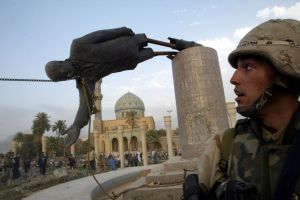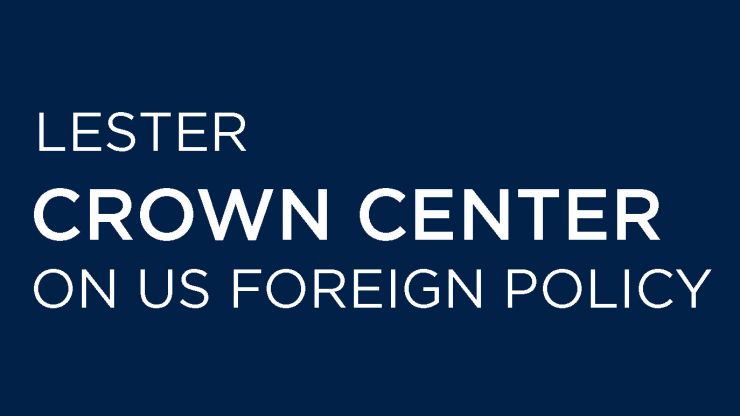The False Promise of Regime Change in the Middle East
Author and former White House Middle East advisor and expert Philip Gordon joins Deep Dish to explain regime change in Middle East policy.
 Play Podcast
Play Podcast
Reuters
From Iran in 1953 to Syria in 2011, the United States has relied on regime change as a core facet of Middle East policy—with mixed results. Author and former White House Middle East advisor and expert Philip Gordon joins Deep Dish to explain that while regime change is a tempting policy option, in the long-term it leads to high costs, unintended consequences, and the spread of instability.
About the Guests
Philip Gordon
Author, Former White House Middle East Advisor

Philip Gordon is an author and former White House Middle East Advisor.

Brian Hanson
Former Vice President, Studies

Brian Hanson served as the vice president of studies at the Chicago Council on Global Affairs. He managed the Council's research operations and hosted the Council's weekly podcast, Deep Dish on Global Affairs.


Crown Center Content
This content is produced by the Lester Crown Center, which aims to shape debates and inform decisions on important US foreign policy and national security issues.